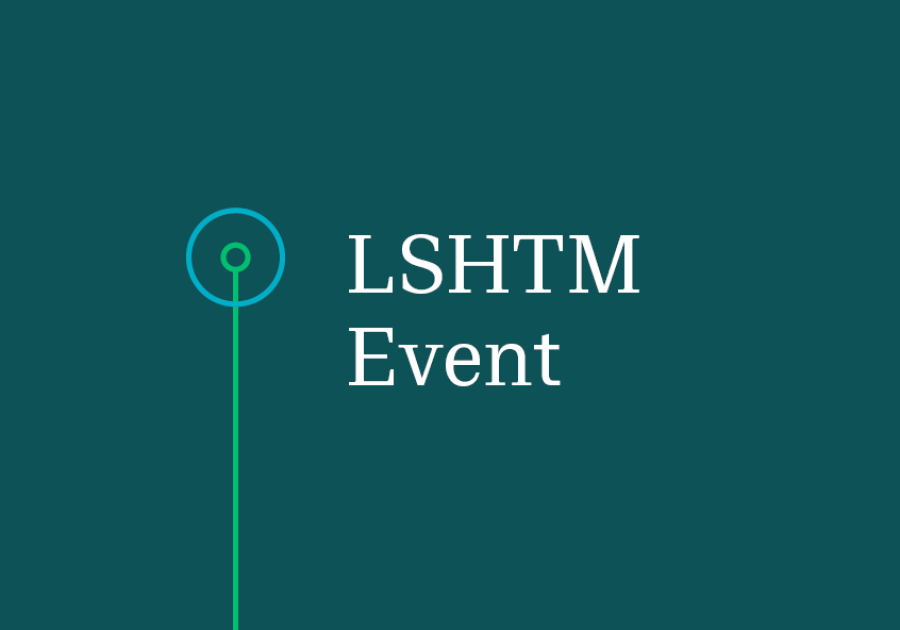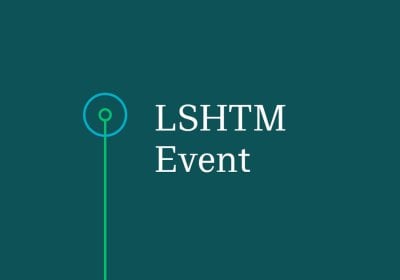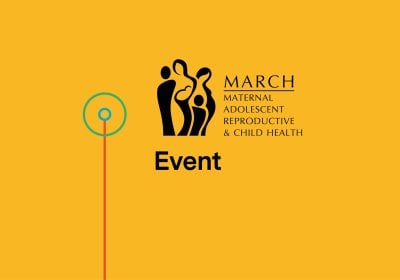Introducing the Disability Research Centre at MRC Uganda: Participatory research, peer-to-peer support and more
This seminar will provide an introduction to the Disability Research Group at MRC/UVRI & LSHTM Uganda Unit

This seminar will provide an overview of the Disability Research Group’s work at the MRC Uganda and highlights its participatory approach and use of the Ubuntu philosophy in its interventions. It is open to anyone interested in disability research in Africa. In this seminar, Dr Femke Bannink Mbazzi, head of the Disability Research Group, will discuss the research group’s approach and introduce how people with disabilities in Uganda are included as co-researchers and participants in various research studies.
Elizabeth Kawesa will present the Obuntu bulamu peer-to-peer support approach and participatory study design. The Obuntu bulamu study aims to improve participation and inclusion of children with disabilities in school, at home, and in their communities in central Uganda.
Andrew Ssemata will present a community participatory learning approach used to improve access to health care for persons with disabilities in rural Uganda.
Speakers
- Dr Femke Bannink Mbazzi, MRC Uganda, LSHTM
-
Dr Femke Bannink Mbazzi is an Associate Professor at the International Centre for Evidence in Disability (ICED) at the London School of Hygiene and Tropical Medicine (LSHTM), based in Uganda, where she heads the Disability Research Group at the MRC/UVRI & LSHTM Uganda Research Unit. The Disability Research Group comprises East African researchers with and without disabilities who develop and implement African disability research.
The group also hosts and builds capacity of PhD and MSc students and offers internships for young graduates with disabilities. Femke has worked in Uganda as a clinical and educational psychologist, and cultural anthropologist since 2003. She is passionate about developing evidence-based culturally appropriate health and education interventions. She explored the importance of belonging and ‘Ubuntu’ in her PhD research and has since considered this in all research studies and interventions she designs and implements.
- Elizabeth Kawesa, MRC Uganda, LSHTM
-
Elizabeth Shalom Kawesa is a clinical psychologist and social scientist with five years of research and clinical experience in disability inclusion at the MRC/UVRI & LSHTM Uganda Research Unit. Elizabeth is the team leader of the Obuntu bulamu randomized control trial study team. This study aims to improve inclusion of 200 children with disabilities, 200 peers, 200 parents and 200 teachers in Central Uganda. She is also the study coordinator of the Disabled Youth Investigates Research programme, a qualitative action research study focused on capacity building of youth with disabilities in research. Elizabeth has authored various publications in collaboration with the Disability Research Group team and presented findings at national and international conferences. Elizabeth has taught at Makerere University and specialized as a clinician in educational and neuropsychological assessments.
- Andrew Ssemata, MRC Uganda, LSHTM
-
Andrew Sentoogo Ssemata is currently a post-doctoral researcher working with Professor Hannah Kuper on her NIHR Global Research professorship `Improving access to healthcare for disabled people in Uganda’. He is a research fellow in the Department of Global Health and Development in PHP. He is a psychologist by training and holds an MSc in Health Psychology from Aston University, Birmingham and has recently completed his PhD at the Department of Psychiatry, College of Health Sciences at Makerere University, Uganda. His PhD research was on malaria, iron deficiency and neuropsychology – with a focus on improving neurocognition in children after malaria illness. Within the Uganda MRC Unit he has been the trial coordinator for an HIV prevention trial with adolescent boys, led the qualitative research component of a prostate cancer study as well as conducting his own fellowship project on HIV self-testing.
Admission
Contact



